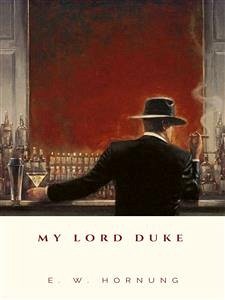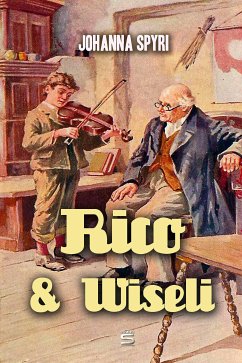Many of E. W. Hornung's novels explore the classic fish-out-of-water scenario by exiling a sophisticated, well-born aristocratic to the austere environment of the Australian outback. My Lord Duke reverses the situation. A humble, rough-and-tumble fellow born and raised in the Australian bush finds out that he has inherited a sizable sum and is forced to navigate the mysterious mores of upper-crust London society.
Bitte wählen Sie Ihr Anliegen aus.
Rechnungen
Retourenschein anfordern
Bestellstatus
Storno









